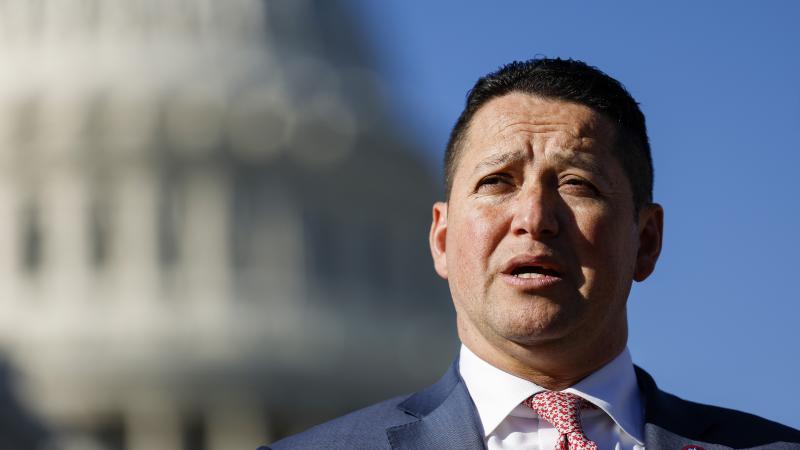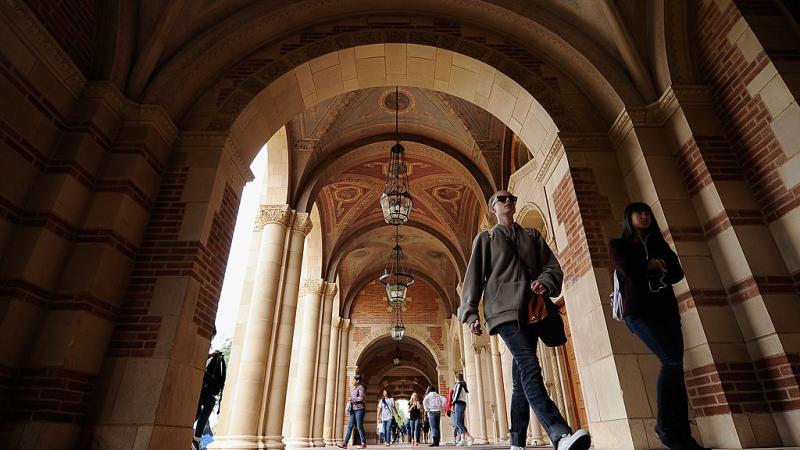‘Ghost dollars:’ Universities secretly take billions in foreign money, report says
“Higher education is awash with conflicting interests,” said NAS Fellow and report author Neetu Arnold, who added that universities "search for partnerships and grants abroad, sometimes from adversarial governments."
American colleges and universities are accepting billions of dollars in foreign money without reporting it, according to a new report.
The National Association of Scholars released the report, which says that taking money from foreign governments and organizations without reporting it has become commonplace among American universities.
“Higher education is awash with conflicting interests,” said NAS Fellow and report author Neetu Arnold, who added that universities "search for partnerships and grants abroad, sometimes from adversarial governments."
From NAS:
By using public records requests, we compiled the amounts of reported and unreported foreign gifts to universities. We found that from 2010 to 2016, universities failed to disclose some 54 percent of all reportable gifts. During the Trump administration, particularly after the ED’s investigation found $6.5 billion in unreported foreign funds, disclosures by universities far exceeded the total amount we could find by records requests by $1.7 billion. Under the Biden administration, universities returned to the status quo – underreporting gifts by at least 39 percent.
Arnold said universities also seek out and compete for foreign grants.
“These grants and payments come with stipulations,” he continued. “One stipulation, Section 117, requires that universities disclose foreign gifts to the Department of Education. Yet, many universities fail to do so, even when threatened with extensive and embarrassing investigations.”
NAS has begun digging into the extent of those foreign donations, a number which is not fully known. They have created a “Foreign Donor Database” to track the billions of “ghost dollars.”
They have compiled documentation on 70 universities that allegedly did not report the foreign dollars, and that combined with instances found in Department of Education records suggest billions of dollars in foreign money has flooded U.S. institutions.
The issue has national security implications as nations like China have used agreements, faculty and donations to steal away American intellectual property, even research related to national security.
For that reason, nearly all Confucius Institutes, a China-backed educational group that previously worked on campuses, have now shut down.
The funding raises more questions, though, as research from universities is used to guide American policy making, polls are used in elections, and technology research is used in vulnerable infrastructure and military defense.
While schools can face investigations from the Department of Education for refusing to report funds, it seems that is not enough motivation to ensure compliance.
“It is clear that for decades, both the ED and universities ignored Section 117 disclosure requirements,” Arnold said. “It would be unsurprising if we didn’t see any deviation from the expected reporting amount, but what we found was jaw-dropping.”














